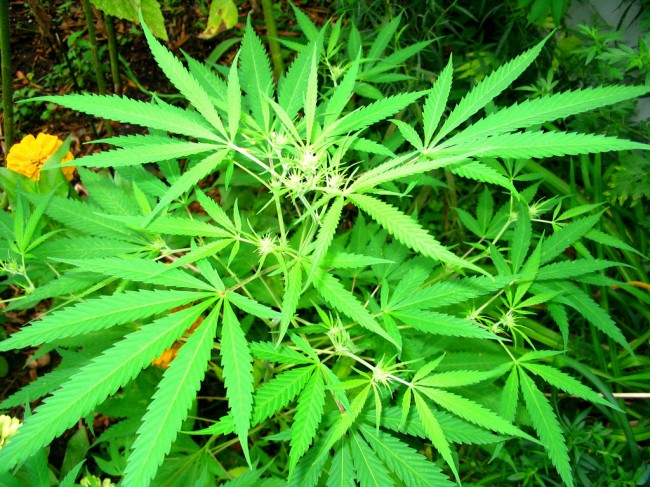Source: guardianlv.com

A federal farm bill agreement reached on Monday helps hemp growing move closer to legalization. The proposed farm bill will allow ten states to participate in pilot programs for the cultivation of this newest cash crop. The industrial cultivation of the plant is not currently legal, nor has it been in the United States (US) for decades. The pilot programs could help American farmers become major players in this emerging market. Though the US is not currently significantly involved in the industrial market now, it is among the fastest growing areas for opportunity. It represents a chance to bring a huge consumer base back to the US. China is currently the largest grower and exporter of related products. In 2011 America imported eleven and a half million dollars worth of products made from the plant.
The crop is primary used in rope, but can found in clothing, and oils and seeds have been used in granola bars. Said to be the cousin of marijuana, the hemp plant has only small amounts of the psychoactive chemical Tetrahydrocannabinol (THC). With the recent legalization of medical marijuana in twenty states and recreational use in two, analysts are marking the trend and believe that legalizing industrial cultivation is a likely next step. It could give American farmers a chance to enter the market in force.
The legalization of growing the plant for industrial applications may, indeed, be just the economic boost that US farmers are looking for. With the allowances made in the pilot programs, growers can legally investigate the plant. Research into specific seeds, production, usage and marketing strategies are likely to be part of those pilot programs. If they are successful, it would help American farmers to become real contenders in the market. Money spent on importing the products could remain in the US, and hemp could become a top cash crop for America.
American involvement in this market is not exactly new. George Washington and Thomas Jefferson both grew the crop. Once legal in the states, the 1970 Controlled Substances Act banned the cultivation of the plant without a federal permit. The last permit was issued for a quarter-acre in Hawaii in 1999. The permit expired in 2003. At its peak in 1943, the harvesting of 146,200 acres yielded 150 million pounds of the product.
With the issue at the forefront of politics currently, there are supporters from both the Democratic and Republican sides of the aisle. The proposed bill is set to hit the house floor on Wednesday. With a tentative agreement in place, industrial growing moves closer and closer to becoming a legal reality. With the legalization of medical and recreational marijuana, opponents have less of a case against the move to take advantage of what could be a significant boon to US agricultural interests. Given the struggles of many American farmers, the chance to help them while making a significant contribution to the US economy may be too tempting to pass up for lawmakers. In most states industrial cultivation has been illegal due to fears that growers could cover up marijuana growing. It is said the plants can not be told apart when grown wild. As the legal market for marijuana, medical and recreational, grows, the objections to hemp growth on that front will become less applicable.
floor on Wednesday. With a tentative agreement in place, industrial growing moves closer and closer to becoming a legal reality. With the legalization of medical and recreational marijuana, opponents have less of a case against the move to take advantage of what could be a significant boon to US agricultural interests. Given the struggles of many American farmers, the chance to help them while making a significant contribution to the US economy may be too tempting to pass up for lawmakers. In most states industrial cultivation has been illegal due to fears that growers could cover up marijuana growing. It is said the plants can not be told apart when grown wild. As the legal market for marijuana, medical and recreational, grows, the objections to hemp growth on that front will become less applicable.
No comments:
Post a Comment